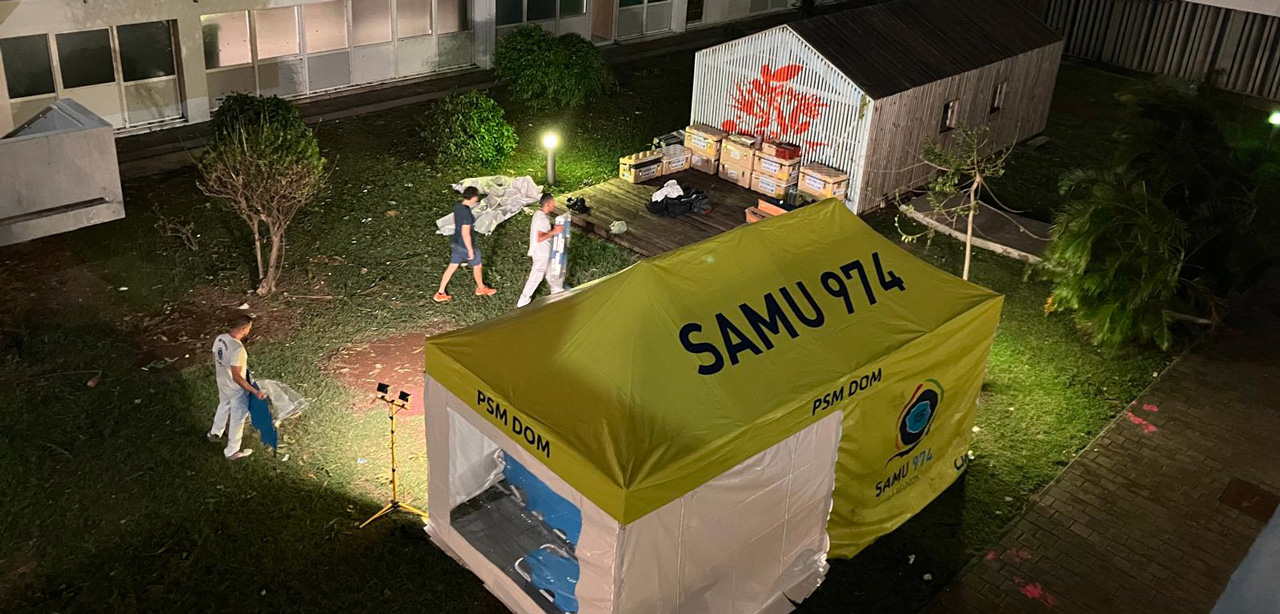Stakeholders making decisions in public health and world trade need improved estimations of the burden-of-illness of foodborne infectious diseases. In this article, we propose a Bayesian meta-analysis or more precisely a Bayesian evidence synthesis to assess the burden-of-illness of campylobacteriosis in France. Using this case study, we investigate campylobacteriosis prevalence, as well as the probabilities of different events that guide the disease pathway, by (i) employing a Bayesian approach on French and foreign human studies (from active surveillance systems, laboratory surveys, physician surveys, epidemiological surveys, and so on) through the chain of events that occur during an episode of illness and (ii) including expert knowledge about this chain of events. We split the target population using an exhaustive and exclusive partition based on health status and the level of disease investigation. We assume an approximate multinomial model over this population partition. Thereby, each observed data set related to the partition brings information on the parameters of the multinomial model, improving burden-of-illness parameter estimates that can be deduced from the parameters of the basic multinomial model. This multinomial model serves as a core model to perform a Bayesian evidence synthesis. Expert knowledge is introduced by way of pseudo-data. The result is a global estimation of the burden-of-illness parameters with their accompanying uncertainty. (R.A)
Auteur : Albert I, Espie E, de Valk H, Denis JB
Risk analysis, 2011, n°. 7, p. 1141-55


